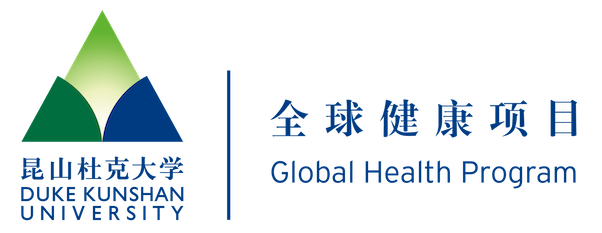Kunshan, March 21, 2025 – Duke Kunshan University’s Global Health Research Center successfully hosted the Evaluation Workshop for the “China Global Health Leadership Capacity Building Training Program” at the university’s Academic Building.
Bringing together representatives from the National Health Commission Talent Exchange Service Center, Peking Union Medical College, China Foreign Affairs University, and other partner institutions—along with alumni trainees, scholars, and practitioners from universities and public health agencies—the workshop reviewed past achievements and explored innovative approaches to cultivating China’s next generation of global health leaders.
Lessons Learned from Past Experiences
Professor Shenglan Tang, Co-Director of DKU’s Global Health Research Center, opened the event by outlining the program’s background and evaluation framework. Supported by the National Health Commission’s Talent Exchange Service Center, DKU has spearheaded this capacity-building initiative for several years, equipping professionals with skills in global health governance.
Ms. Zhangyang Pan, the Center’s Associate Director for Communication and Policy Advocacy, presented comprehensive evaluation findings from the 2023-2024 training cohorts, highlighting measurable impacts and improvement areas.

Insights from frontline practitioners enriched the discussion. Dr. Jun Cao, Director of Jiangsu Institute of Parasitic Diseases, shared field insights from China’s international health assistance programs. Professor Xu Qian from Fudan University’s School of Public Health presented capacity-building lessons from the GHSP-OP4 project.


Changing Global Landscape and Paradigm Shift for Global Health Talent Training
As the global health landscape evolves, experts emphasized the need for a more systematic and interdisciplinary training ecosystem.
Counselor Yong Feng from China’s Permanent Mission to Geneva delivered a keynote analyzing evolving global health trends, emphasizing the need for “systematic curriculum development combined with practical implementation strategies” to cultivate professionals capable of cross-sectoral leadership.

In the moderated discussion led by Professor Fujie Xu, Co-Director of DKU’s Global Health Research Center, representatives of program trainees and global health experts generated robust exchanges on developing sustainable training mechanisms amid shifting global health priorities.

In closing remarks, Professor Tang noted the symposium’s recommendations will directly inform program enhancements. The National Health Commission affirmed its commitment to optimizing China’s global health talent pipeline through strengthened multi-stakeholder collaboration. Participants unanimously recognized such leadership development initiatives as pivotal for amplifying China’s role in global health governance, calling for continued government-academia partnerships to build a comprehensive professional training ecosystem.

